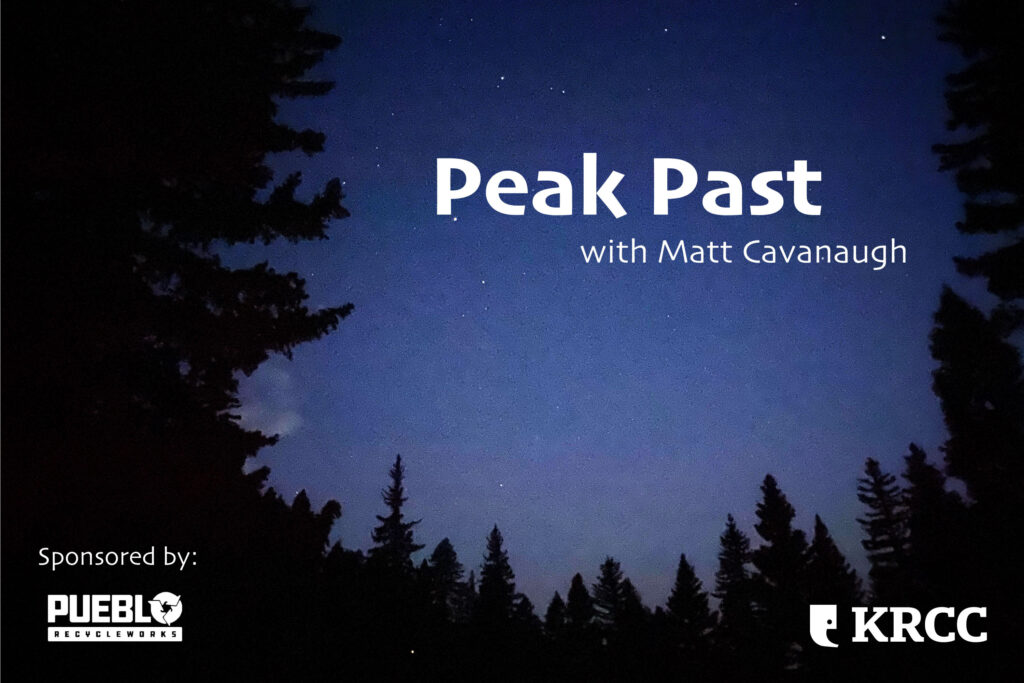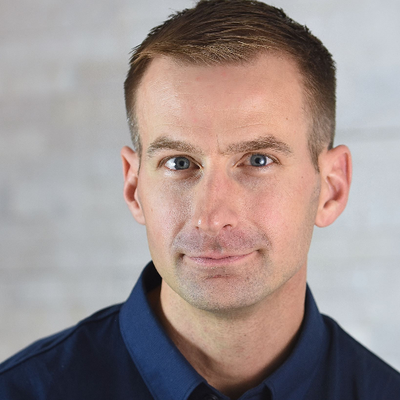The following is part of KRCC's weekly 'Peak Past' essay series.
I want to share a quote with you from an ad published in the New York Times in January of 1970.
“On April 22, we start to reclaim the environment that we have wrecked.”
Those words were written by the organizers of the very first Earth Day. It’s grown to the largest civic observance in the world.
How have we done in the 51 years since then? A historical look suggests...not great.

Climate Central reports that since that first Earth Day, carbon dioxide concentrations in our air rose twice as much than they did in the entire century before 1970. There’s now more atmospheric carbon dioxide than in the last two million years.
We feel that here.
In 2019, Climate Central reported Colorado Springs has warmed 2.7 degrees since 1970, faster than the national average of 2.5 degrees. The heat’s changing our seasons. Australian and Chinese researchers recently found that in our part of the world, summer has lengthened by more than two weeks since the early 1950s.
That matters in Colorado.
Our mountains are the headwaters for four major rivers that supply water to 18 states. A lot of our water in the Pikes Peak region comes from out near Leadville. When heat goes up and summer runs longer, we get less water. 2020 was the third-driest year in our state’s history.
Heat also brings fire.
Our state fire chief recently noted that 20 of the largest fires in state history came in the last 20 years and the top three all came last year, burning 600,000 acres.
So let’s think of this 51st Earth Day as “roll-up-our-sleeves” time. We’ve got a lot of work to do before Earth Day turns 52.
Until our next mountainside chat—be good, be well, and no matter what, climb on.

Peak Past (formerly Peak Perspectives) is a weekly segment written and voiced by Matt Cavanaugh, a lieutenant colonel in the U.S. Army and a resident of Manitou Springs where he lives with his wife and two young children. Through his writing, Cavanuagh explores life in the Pikes Peak region, including the gradients and subtleties of our lives in the shadow of America's Mountain.
You can find more work by Cavanaugh here.
KRCC's Abigail Beckman manages the "Peak Past" series. The opinions expressed in this publication are those of the authors. They do not purport to reflect the opinions or views of KRCC or Colorado Public Radio.
Peak Past is sponsored by Pueblo Recycle Works.








